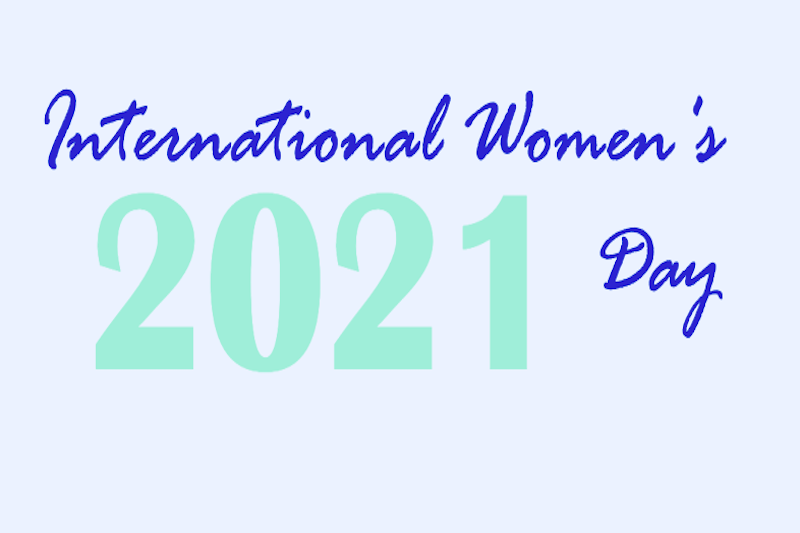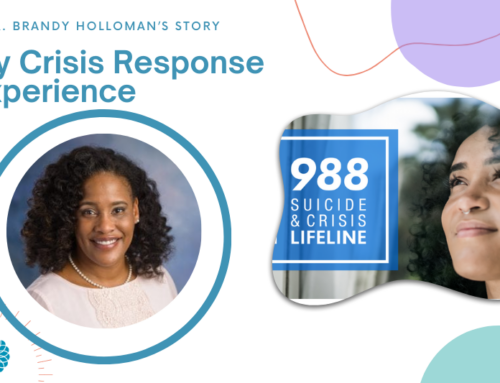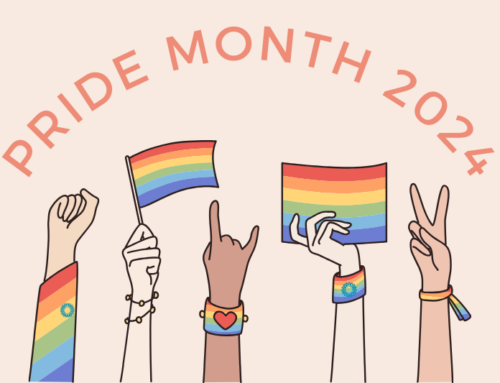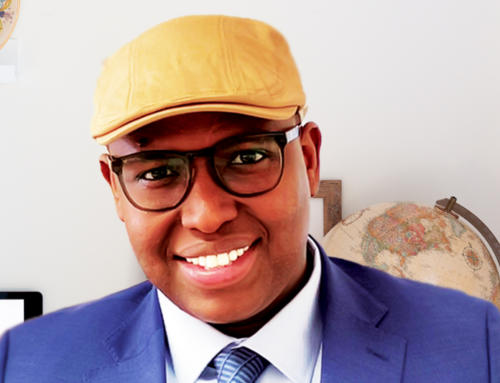Today we celebrate International Women’s Day, a global moment of observance to honor the achievements of women while advocating for equality. As a women-owned business, Change Matrix understands the importance of amplifying the voices and work of women from all walks of life. This year’s International Women’s Day theme is #ChooseToChallenge. Real change stems from challenging the hegemonic systems in place that perpetuate inequality, oppression, injustice, and inequity. Change Matrix is proud to highlight five women leaders from around the world that choose to challenge every day!
U.S. Vice President Kamala Harris
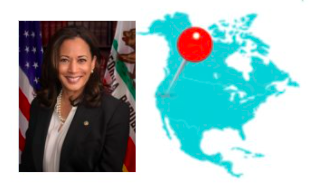
Photo: United States Congress
A name that is now known around the world, Kamala Harris made history as the first woman and the first black-identifying Vice President of the United States. As VP Harris stood on the steps of the U.S. Capitol this past January, girls of all ages and backgrounds watched as a reflection of them accepted one of the highest positions of power in the world. VP Harris is a South Asian and Caribbean American woman who started off her career as a Deputy District Attorney in Oakland, California. We are waiting with bated breath to see how Kamala Harris will work to make change in the country.
New Zealand Prime Minister Jacinda Ardern
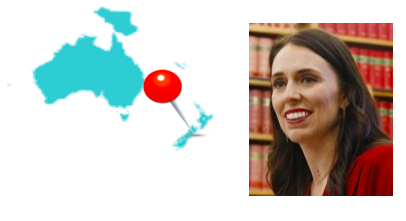
Photo: © AP/REX/Shutterstock.com
In the wake of the COVID-19 pandemic, Jacinda Ardern became a global household name. As the 40th and current Prime Minister of New Zealand, Ardern embodies what it means to be a leader working to create change. Under her leadership, the New Zealand government’s quick action and response to COVID-19 helped the country avoid the massive surge of infections that hit the U.S. and Europe. With a swift and strict lockdown at the early stages of the virus, New Zealand halted its spread, totaling 2,405 total cases to date. Prime Minister Ardern also followed through on many progressive promises, including advocating for the importance of paid parental leave (NZ parents can be granted up to 26 weeks of paid leave funded by the government). Ardern’s leadership mantra is “be strong, be kind.”
Human Rights Activist Nadia Murad Basee Taha
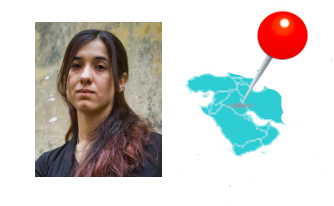
Photo: © picture alliance/dpa/V. Simanek
Born in Kocho, Iraq, Nadia Murad is a testament of perseverance and courage. At age 19, amidst a mass genocide of the Yazidi community, Murad was captured and held as a slave with over 6,700 Yazidi women and girls. She was held for 3 months and endured unspeakable abuses before escaping her captor and fleeing ISIS territory. Now living in Germany, Murad uses her voice and her story as a human rights activist, bringing awareness to human trafficking, genocide, and refugees. In 2018, she founded Nadia’s Initiative, an organization dedicated to “helping women and children victimized by genocide, mass atrocities, and human trafficking to heal and rebuild their lives and communities.” She was also named the first Goodwill Ambassador for the Dignity of Survivors of Human trafficking of the United Nations.
Taiwan President Tsai Ing-Wen
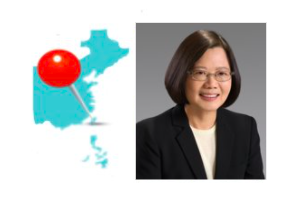
Photo: © Office of the President of the Republic of China
Tsai Ing-Wen serves to create change as the first woman president of Taiwan. Present Ing-Wen wasn’t always a politician—her career began as a law professor. She got her start in government as a trade-policy advisor in the early 1990s. In 2016, she won the presidential election, also making her the first president with ancestry in one of Taiwan’s ethnic minorities. She was re-elected for a second term in 2020, pushing for Taiwan’s independence. Ing-Wen is lauded for her advocacy for gender equality, pro-LGBTQ+ stance, and, most recently, her mask mandate to curb the spread of COVID-19.
Former Liberian President Ellen Johnson Sirleaf
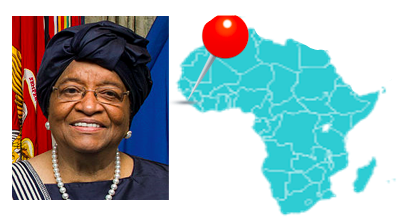
Photo: © Sean Hurt via Flickr
Serving as the Presidents of Liberia from 2006-2018, Ellen Johnson Sirleaf made history as the first woman to be elected head of state of an African country. She was imprisoned three times and exiled for 12 years for her financial integrity and open criticism of the military government. After running for election in 1997 and losing, she was once again exiled until 2003 when she returned and ran for president once again, vowing to end civil war and strife in Liberia. Johnson Sirleaf was awarded the Nobel Peace Prize in 2011 for her efforts to bring women into the peacekeeping process.
